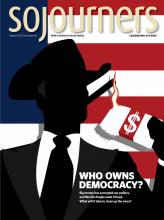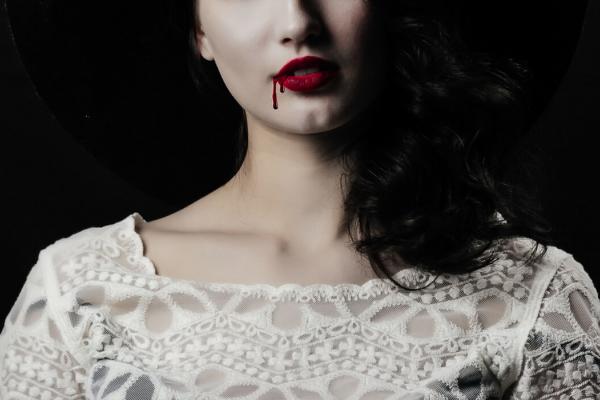IF YOU’VE EVEN casually watched TV in the past five years, seen a movie with coming attractions, driven past billboards and fast food restaurants, or walked into a Barnes & Noble, you can’t avoid the onslaught of vampires in popular culture. As the summer draws to a close, so does the fourth season of HBO’s vampire comedy-drama True Blood. This summer’s vampire big screen attractions—the movie remake of the 1960s vampire soap opera Dark Shadows and the movie adaptation of the young adult novel Abraham Lincoln: Vampire Hunter (it is, improbably, exactly what it sounds like)—have come and gone. The fourth season of CW network’s young adult vampire melodrama The Vampire Diaries begins in September. And the publicity blitz for the final Twilight movie, Breaking Dawn-Part 2, (coming to theaters in mid-November) is about to colonize fast-food merchandise, billboards, and magazine covers.
Ever since John Polidori wrote “The Vampyre” as part of a bet with his good friend Mary Shelley and since Bram Stoker gave us Dracula, the vampire has never exactly gone out of fashion. Vampires are often the horizon on which we project our fears and anxieties, and, like other supernatural fantasy creatures, they help us take stock of our own humanness. If, as Nina Auerbach has argued in her book Our Vampires, Ourselves, we can learn a lot about different epochs of Western culture by the kind of vampires that are in vogue, what do we make of this current crop of blood suckers? What might they teach us about our humanity and our theological response to the world we live in?
If you sink your teeth into these contemporary vampire mythologies, the first thing that is likely to strike you is how attractive these vampires are. In the three vampire mythologies most popular right now, the Twilight series (originally young adult novels, now also movies), The Vampire Diaries (also originally YA fiction from the early 1990s, revived as a TV show in 2009), and True Blood (HBO’s most-watched series, based on adult supernatural romance novels), it is often hard to imagine a good reason why one wouldn’t want to be a vampire oneself. They are super-fast, super-strong, super-sensory beings, who also happen to be astonishingly attractive. And let’s not forget how many amazing skills one could learn—much less all the books one could read, languages one could speak, art one could appreciate—if one lived forever.
Read the Full Article

